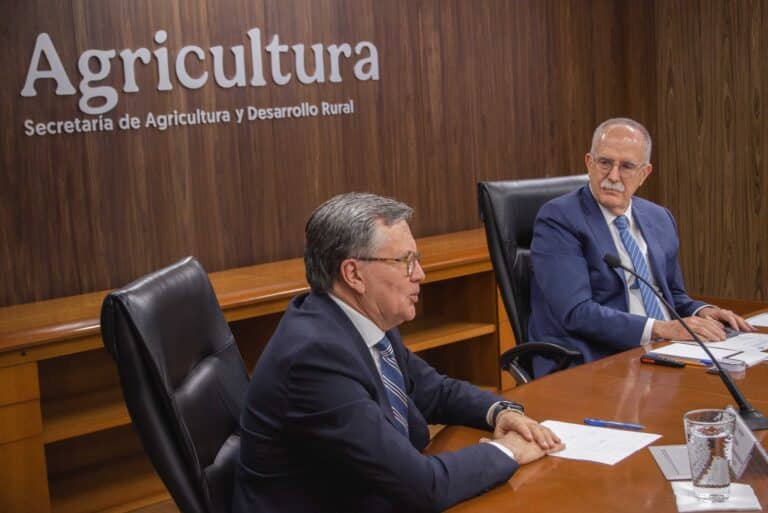This agricultural investment fund, sponsored by the IDB and IICA, is a unique regional cooperation mechanism that promotes innovation in family agriculture throughout LAC.
Panama City, March 16, 2015 (IICA). The creation of a plan to make milk production sustainable, the development of apiculture in El Chaco and the development of an early warning system for coffee rust are new projects that the Regional Fund for Agricultural Technology (FONTAGRO) will promote as part of its efforts to bolster the family agriculture sector in Latin America and the Caribbean (LAC).
The Board of Directors of FONTAGRO met last week in Panama, where they approved these three initiatives, which will focus on priority areas for innovation in LAC, and discussed the establishment of new partnerships aimed at promoting capacity building.

FONTAGRO is a US$100,000,000 regional agricultural investment fund sponsored by the Inter-American Development Bank (IDB) and the Inter-American Institute for Cooperation on Agriculture (IICA). These resources, contributed by its member countries, are used to leverage resources for agricultural research and innovation projects.
In Panama, the Fund signed two multilateral agreements, one to lessen the damage caused by coffee rust in areas hard hit by climate variability in Honduras, Nicaragua and Panama, and the other aimed at making more efficient use of water in rice farming in Panama, Costa Rica and Nicaragua via the introduction of innovation platforms.
Visible results
In Panama, a field trip to the experimental station of the Agricultural Research Institute of Panama (IDIAP) in Rio Hato, in the province of Cocle, provided an opportunity to present the results of a rice project selected as part of the annual call for proposals issued by FONTAGRO.
As a result of the project, implemented by the IDIAP with the support of researchers from Costa Rica and Nicaragua, rice production became more profitable thanks to the implementation of new technologies intended to control rice pests.
Rice production also became more competitive and sustainable as a consequence of the introduction of new varieties, which now account for 60% of all rice planted in Panama.
According to the President of FONTAGRO, Jose Luis Repetto, “This has been one of the most successful projects ever implemented by FONTAGRO, especially considering its economic and social impact, and it clearly shows how joint efforts between growers and government agencies enhance exchanges of experiences among researchers in the region.”
FONTAGRO is a unique regional cooperation mechanism that promotes innovation in family agriculture, competitiveness and food security. Created in 1998, its member countries are Argentina, Bolivia, Chile, Colombia, Costa Rica, Ecuador, Spain, Honduras, Nicaragua, Panama, Paraguay, Peru, Dominican Republic, Uruguay y Venezuela.
More information:
priscila.henriquez@iica.int











